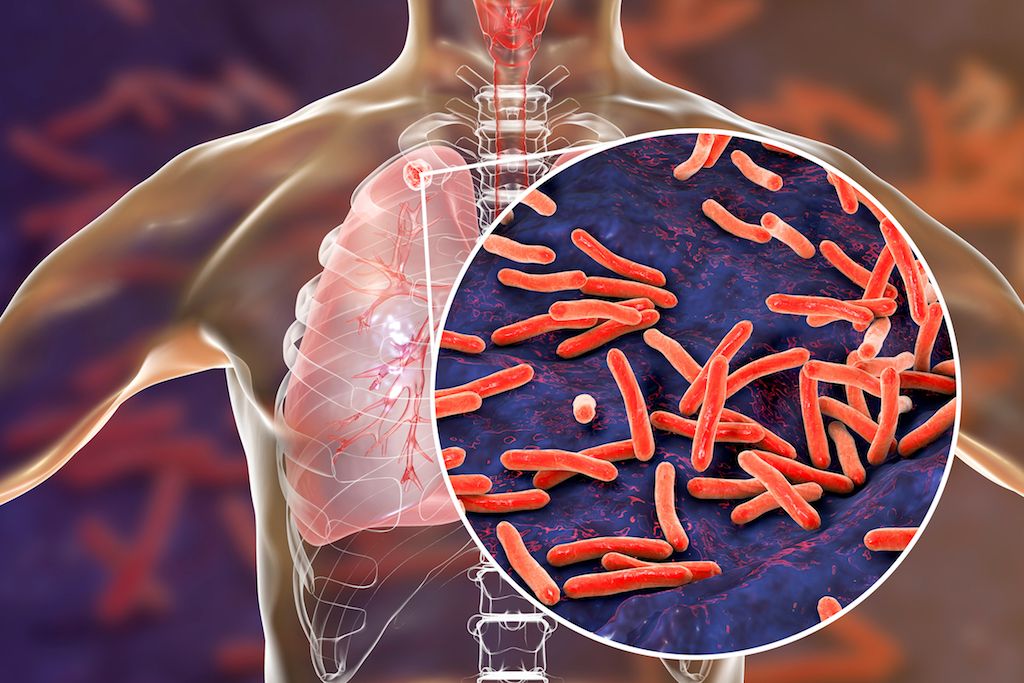The Ministry of Health & Family Welfare (MoHFW), Government of India, awarded the Health & Family Welfare Department, Assam, the national award for a decrease in TB cases in two districts under the National Tuberculosis Elimination Programme (NTEP), providing a significant boost to the State’s commitment to eliminating tuberculosis (TB).
The honour was presented at the Prime Minister Narendra Modi-sponsored One World TB Summit in Varanasi, Uttar Pradesh. In the Sub National Certification for the year 2023, Bongaigaon District received Silver for a 40% reduction in TB cases and Kokrajhar District received Bronze for a 20% reduction in TB cases. The event was attended by a number of people, including the Uttar Pradesh Governor Anandiben Patel, Chief Minister Yogi Adityanath, Union Minister of State for Health & Family Welfare Dr. Bharati Pravin Pawar, Member (Health), NITI Aayog, Dr. V K Paul, and Deputy Chief Minister Brajesh Pathak.
Gulab Chand Kataria, the governor of Assam, attended the event virtually from Raj Bhavan, along with Keshab Mahanta, the minister of health for Assam, Avinash Joshi, the principal secretary of health, Bornali Sharma, the secretary of health, and Dr. Neel Madhab Das, the director of health services for Assam. At the historic ceremony in Varanasi, Dr. M. S. Lakshmi Priya, Mission Director, National Health Mission Assam, Dr. Avijit Basu, Joint Director (TB), cum State TB Officer Assam, and other State WHO delegates were present.
According to reports, as part of the Nikshay Mitra Campaign under the auspices of the Pradhan Mantri TB Mukt Bharat Abhiyan, the former governor of Assam, Prof. Jagadish Mukhi, adopted 10 TB patients, the state’s chief minister, Dr. Himanta Biswa Sarma, adopted five, and the health minister, Keshab Mahanta, adopted four. (PMTBMBA). The Assam state health department has been devotedly battling tuberculosis in the State. It is noteworthy that the State diagnosed 47,926 TB patients in total with an 88.8% success rate in 2022, according to the officials.
About Tuberculosis :
Tuberculosis (TB) is a bacterial infection caused by the bacteria Mycobacterium tuberculosis. It primarily affects the lungs, but can also affect other parts of the body, such as the brain, kidneys, and bones. TB is a contagious disease that spreads through the air when an infected person coughs, sneezes, or talks.
Symptoms of TB include persistent coughing, chest pain, fatigue, fever, night sweats, and weight loss. In some cases, TB can be asymptomatic, meaning that there are no noticeable symptoms.
TB can be diagnosed through a variety of tests, including a skin test, blood test, and chest X-ray. If TB is suspected, a sample of sputum (mucus from the lungs) may be taken for testing.
Treatment for TB involves a combination of antibiotics taken for several months. It is important to take all of the prescribed medications, even if symptoms improve, to prevent the bacteria from becoming resistant to the drugs. Treatment for drug-resistant TB can be more difficult and may require more extensive therapy.
Preventing the spread of TB involves identifying and treating infected individuals, as well as taking precautions to reduce the risk of transmission, such as wearing masks, practicing good respiratory hygiene, and improving ventilation in shared spaces. Vaccination with the BCG vaccine can also provide some protection against TB, but its effectiveness varies depending on the individual and the strain of TB.


